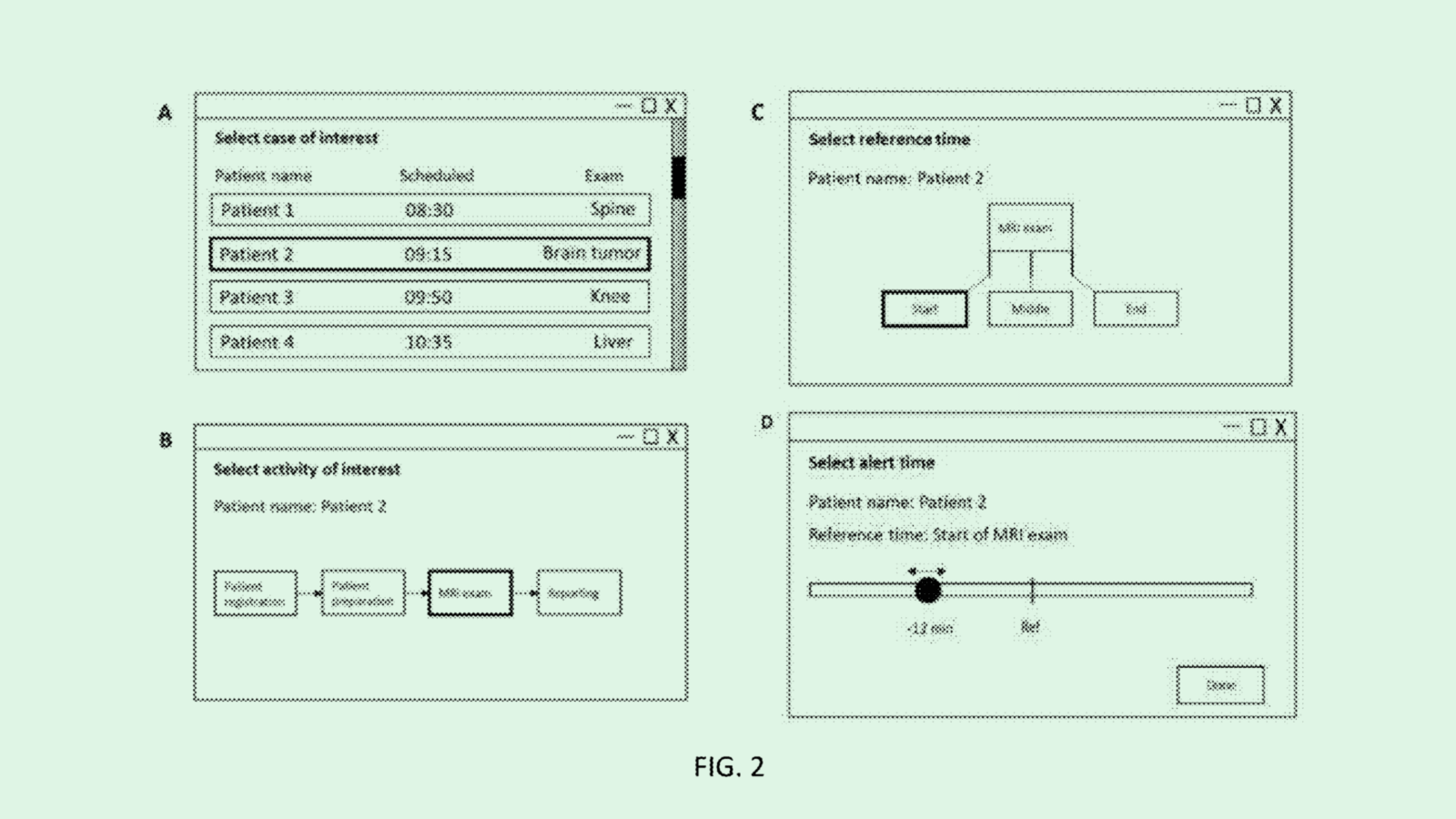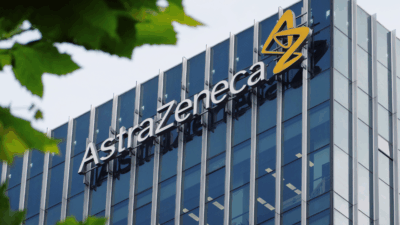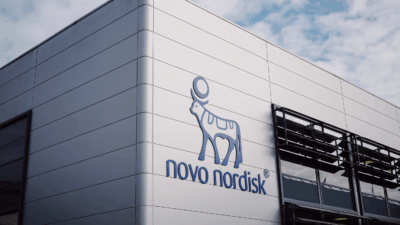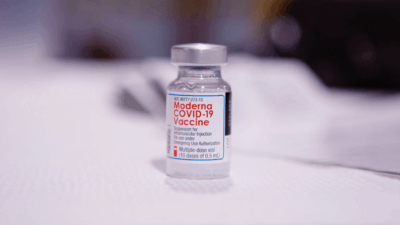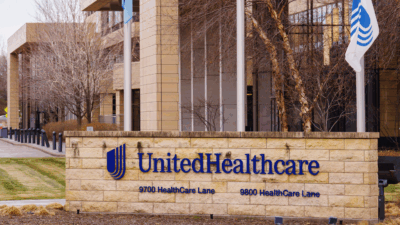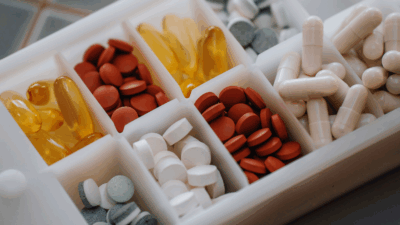Healthcare, Pharma Companies Surge on WHO Mpox Declaration
The World Health Organization has declared mpox to be a public health emergency, and pharmaceutical and healthcare winners have emerged.
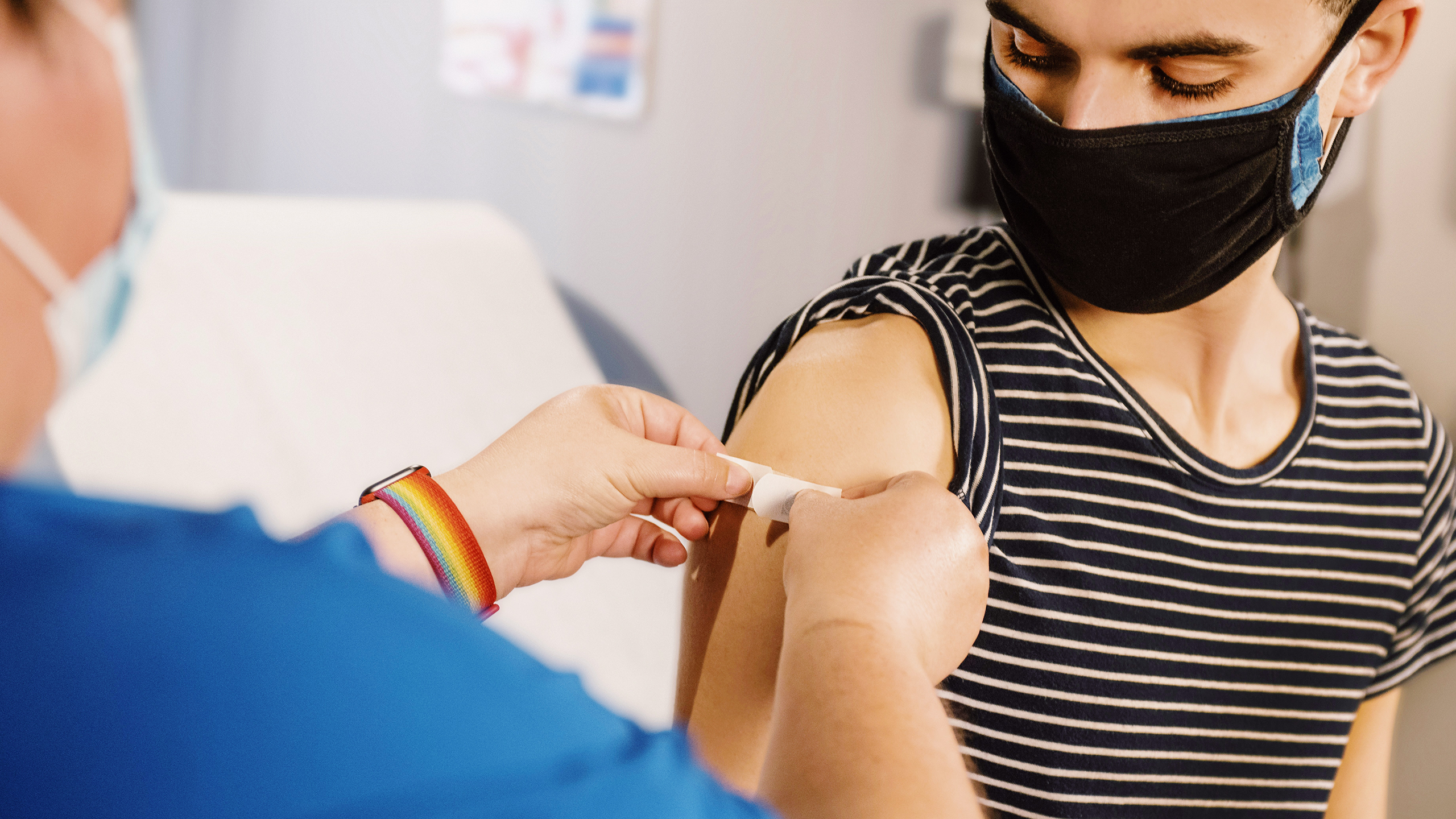
Sign up for smart news, insights, and analysis on the biggest financial stories of the day.
Plague’s a pox on society — except for the society of pharmaceutical and healthcare companies.
A day after the World Health Organization declared mpox to be a global public health emergency, a handful of big winners have emerged.
Monkeypox Business
Mpox, formerly known as monkeypox, is surging once again after a 2022 outbreak. The virus, which spreads from skin-to-skin contact and causes flu-like symptoms and lesions, is usually mild, but can be fatal in some cases. Earlier this week, the Africa Centres for Disease Control and Prevention declared an emergency for the continent on fears of rapid spread (the latest variant, clade Ib, seems to be more contagious than previous strains), with 17,000 suspected cases and around 500 deaths, primarily among children in the Congo.
Fortunately, an effective vaccine does already exist. Unfortunately, “there are not enough doses,” Brian Ferguson, an associate professor of immunology at the University of Cambridge, told CNBC. Still, some pharma firms are in a strong position to capitalize off of the emerging global crisis:
- Danish vaccine maker Bavarian Nordic, whose Jynneos vaccine is one of just two jabs recommended by the US CDC to prevent the spread of mpox, saw shares rise nearly 8% Thursday; it’s up nearly 36% in the past month.
- Meanwhile, Emergent Biosolutions, which makes the other CDC-recommended vaccine, saw shares jump 14% Thursday. Medical tools-maker Precision Systems Science saw shares jump nearly 40% on the Tokyo Stock Exchange.
“We have inventory and we have the capabilities. What we’re missing are the orders,” Bavarian Nordic CEO Paul Chaplin told Bloomberg on Wednesday, adding that “pricing is no doubt going to be an issue.”
“We’re very sensitive about the pricing. We’re fully aware we have to do our bit here and look at pricing in a responsible way,” Chaplin said.
COVID Blues: If the coronavirus pandemic proved one thing, it’s that being on the winning side of a war against a virus is lucrative — until it isn’t. Moderna’s share price is down some 23% year-to-date as the company still seeks to find its next big opportunity. Pfizer, similarly adrift, is down around roughly 4% year-to-date, but nearly 19% in the past 12 months overall. AstraZeneca, on the other hand, is up nearly 25% year-to-date, but unlike its COVID-19 vaccine peers, it has much sturdier non-COVID revenue streams to fall back on — its oncology unit in particular drives significant revenue. The lesson: Don’t be a one-stick pony.
